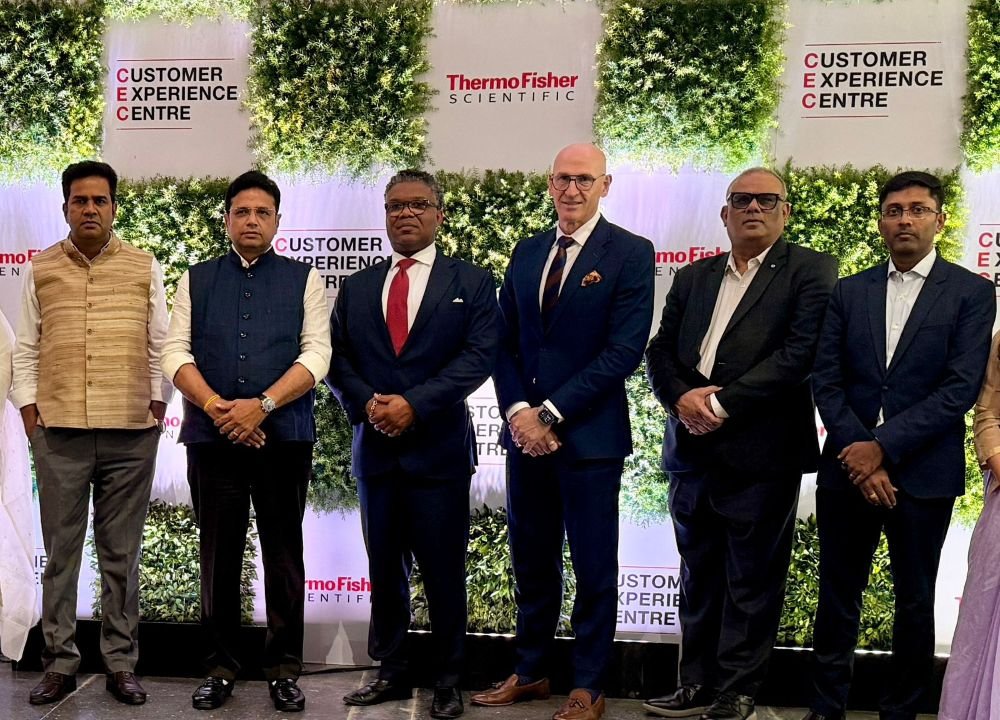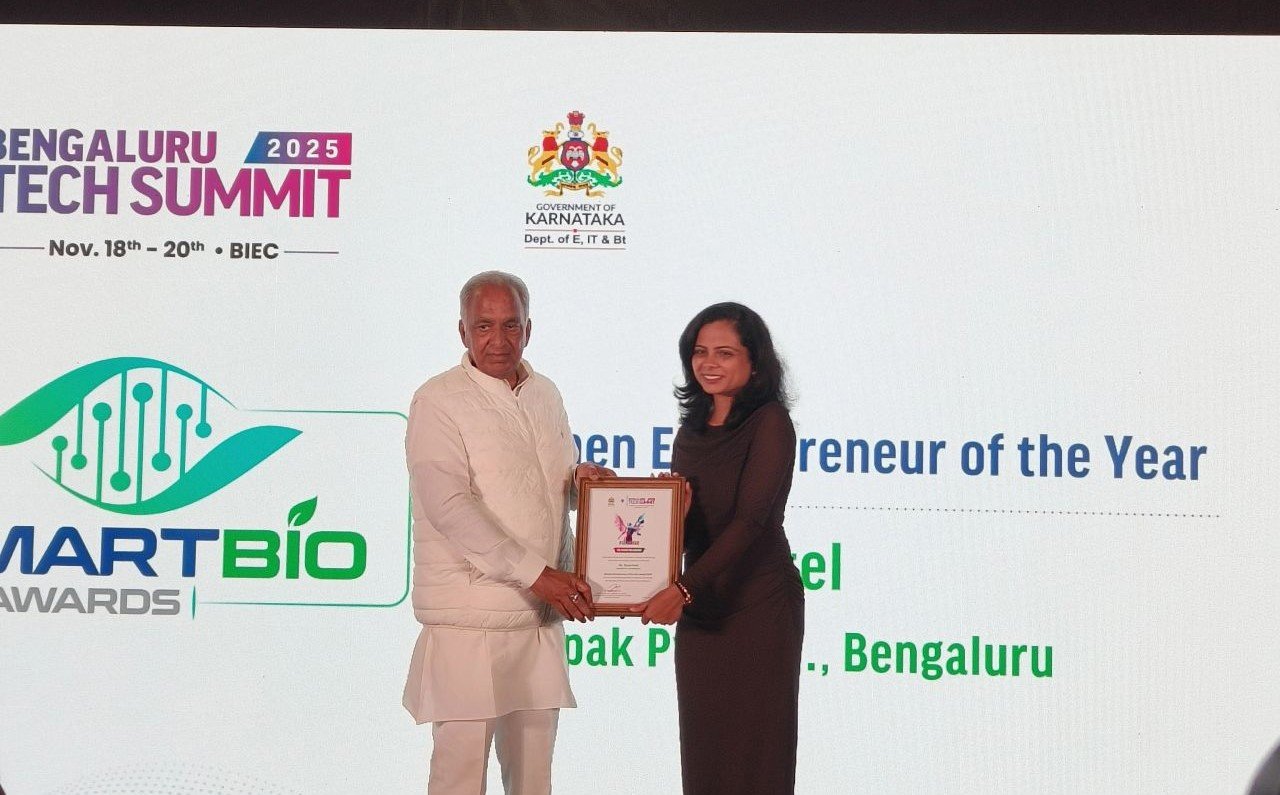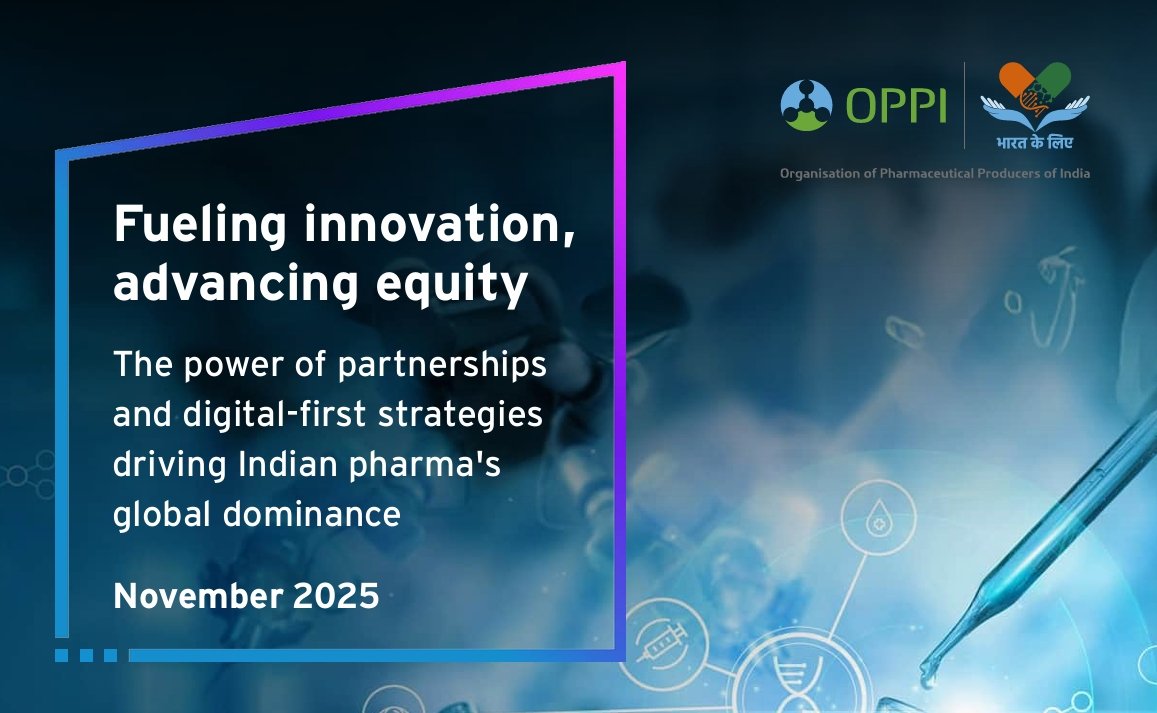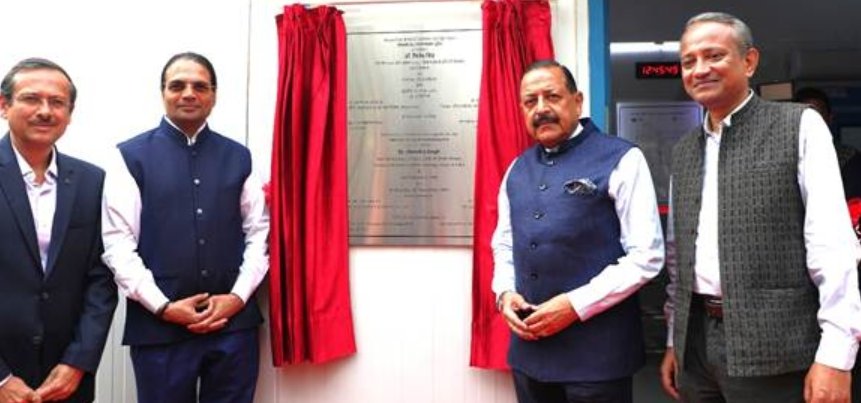'Degrees from best schools is no guarantee for entrepreneurial success'
July 17, 2015 | Friday | Features | By BioSpectrum Bureau
'Degrees from best schools is no guarantee for entrepreneurial success'
Dr Sudha Rao, founder & director, Dhiti Omics
The trend of spinning-off start-ups by large organizations is heating up in India. In 2014, Genotypic Technology, a genomics service enterprise, spun-off its second start-up company, Dhiti Omics - a provider of precision molecular diagnostic services in multiple areas of specialization including Obstetrics or Gynecology, Pediatrics, Neurology, Cardiology, Nephrology and Oncology.
"Dhiti Omics was born out of a desire to extend the expertise in genomics gained over a decade into understanding and diagnosing disorders that are genetic in nature. We felt this was more an opportunity and a service that we could provide, not just to clinicians in India, but also in other countries who were looking for help with diagnosis and decisions related to targeted treatment for difficult and incurable diseases," explained Dr Sudha Rao, founder & director, Dhiti Omics, who has evolved from being a genetic researcher to an entrepreneur today.
Clinical genomics
The company has a cross-functional team with expertise in genomics, bioinformatics, healthcare and technology.
One of the important aspects of clinical genomics is to efficiently analyze the data and pinpoint the disease-causing variant from gigabytes (GB) of data.
Clinical genomics is an area that, in India, is riddled with lack of regulations leading to potential non-ethical practices, especially towards personalized genomics, in which, a lay person's lack of knowledge is exploited to provide them with baseless 'risk scores'.
She explained, "Cancer may not be cured, but knowing the specific mutations will enable clinicians to prescribe targeted drugs that work better. A couple, for example, who has lost children before due to inherited disorders, will now have an option for a pre-natal screening to see if the fetus is normal or not. A parent struggling with undiagnosed genetic disorder in a child will now be able to prepare for life ahead with clear diagnosis."
Initial hiccups
Previously in 2013, Genotypic spun-off India's first agri-genomics start-up - QTLomics, which develops novel products, identifies crop traits, and aid breeding better crops.
In the beginning, Dhiti faced all the initial hiccups that a start-up would do.
"However, the co-location with Genotypic and our prior experience in establishing a company in the genomics area helped mitigate a number of issues. Dependence on multinationals for critical reagents is still a challenge which contributes to a major factor in the cost of our services. Lack of regulatory guidelines, shortage of trained clinical geneticists are some of the challenges," pointed Dr Sudha.
Dhiti has been funded through angel investments. She commented, "Traditional angel investing is definitely a good option. There are, today, a number of challenges and contests where one can send their ideas to, and there are possibilities for getting funding for at least a prototype development stage. There are also a number of government schemes that one could leverage. Incubators within or outside institutions could also be an interesting route to adopt."
Market expansion
Dr Sudha noted that India is a huge market, and the company has obligations to make its tests available to all corners of India.
"Our aim is to take this possibility to every corner of India, so that every patient has the opportunity to plan their treatment or manage disease better," Dr Sudha emphasized.
Presently the start-up is working with a number of leading clinicians and hospitals in Southern India, and soon plans expanding into the rest of the country, and Asia.
"As we move along, we will be able to offer more tests to people living outside the metro or the tier-II cities. That is one milestone we really look forward to achieve. There are also a number of proximal countries like Bangladesh, Sri Lanka and some of the countries in Middle-East who depend on India's healthcare system. These countries can automatically become our target for expansion. We also have an active collaboration in the far-east Asian region for promoting our services," she expressed.
According to her, a big part of the company's revenues will be apportioned to create awareness about the progresses made in the field of molecular diagnostics, enabling people to make studied decisions.
Currently Dhiti has collaborated with a partner in Singapore, which promotes its services in Singapore, Malaysia and Indonesia.
"We have some active research collaborations with reputed hospitals for assay development. B2B relationships with large diagnostics labs, and agreements with large corporate hospitals in Bangalore are being pursued actively. We expect to forge some of these partnerships in the next quarter," she said.
"Cities like Madurai, Roorkee, Pune, and Guwahati, among others have a thriving set of entrepreneurs, which is a very good trend for life sciences start-ups," added Dr Sudha.
She feels that it is more important to have visibility among targeted stakeholders.
"At Dhiti, we believe that, content, more than hype, will actually help us and our stakeholders in the longer term. So all our efforts are focused in that direction," Dr Sudha stressed, who believes that the entire ecosystem -- from the government to educational institutions, and mentors to media -- all have a role to play in supporting and encouraging new ventures in establishing and eventually scaling up.
India vs West
This researcher-turned-entrepreneur, who loves reading Khalil Gibran, holds a PhD in Biotechnology from Madurai Kamaraj University in Tamil Nadu. She obtained her post-doctoral research in Neurobiology at the Medical Center in Cornell University, New York, USA. She then worked as a consultant Neurobiologist for QBI Enterprises in Israel.
"Risk-taking ability among various ecosystem players is definitely more in the West, but one sees a very vibrant startup ecosystem in India which is maturing. We are very encouraged by what we see around us," opined Dr Sudha optimistically, who loves listening to music.
Dr Sudha mentioned that Big Data analytics for genomics is big and happening at the moment.
"The who's who of IT is getting into this space. There are immense opportunities for smart innovative ideas to becoming products," she revealed.
IITs & IIMs
Every entrepreneur, regardless of industry sector, needs to firmly have an ear to ground, so the vision and ambition of the entrepreneur stays rooted in reality.
"Any entrepreneur in the technology space also needs to understand and visualize how technology can be leveraged better. Some institutions like the IITs and IIMs have the ecosystem in place to mentor students who are interested to start new ventures. But being an IIT or IIM alumnus, or even a degree from the best schools in the world is no guarantee for success as an entrepreneur," Dr Sudha highlighted.
Entrepreneurial lessons
Dr Sudha, talking about her entrepreneurial lessons so far, added, "The most important lesson is that entrepreneur is not a God and should realize that early enough. Every person has unique skills but needs a team to complement his or her strengths. The sooner the entrepreneur realizes this and builds a strong complementary team and learns to delegate, the faster he or she can develop the idea. The other lesson is the importance of partnerships. It is better to focus on one's core strengths and rely on other people or entities for associated work."
To all the hot-blooded wanna-be entrepreneurs, she advised, "Only venture into a new enterprise when you are passionate about the work. It's this passion that will help you see through many challenges, and the high and low troughs. Having some mentorship and structure in the initial stages is always helpful. So if you are co-located with other technology start-ups or even established entities, there is definitely an advantage."
Speaking about commonly committed entrepreneurial mistakes, Dr Sudha pointed, "Most investments in the service industry in life sciences goes into lab infrastructure. Technology obsolescence and return of investments are very important for sustainability and have to be an important thing to keep in mind. Invest prudently."
Billion-dollar secret
She also believes that there is really no rule when it comes to selling a start-up. "One should go with one's instincts and priorities," she stated.
How does she handle all the stress from being a mother and an entrepreneur? "I make sure I have some quiet me-time every day. It helps me disconnect and see the larger picture. I also rely on my network of friends and well-wishers, and my children, to keep me grounded and put things in perspective," Dr Sudha observed, who says that her glorious moments in life were when her kids were born.
When asked about what is the secret strategy for becoming the next billion-dollar enterprise, she said, "That secret shall remain ours to become the next billion-dollar enterprise!"









